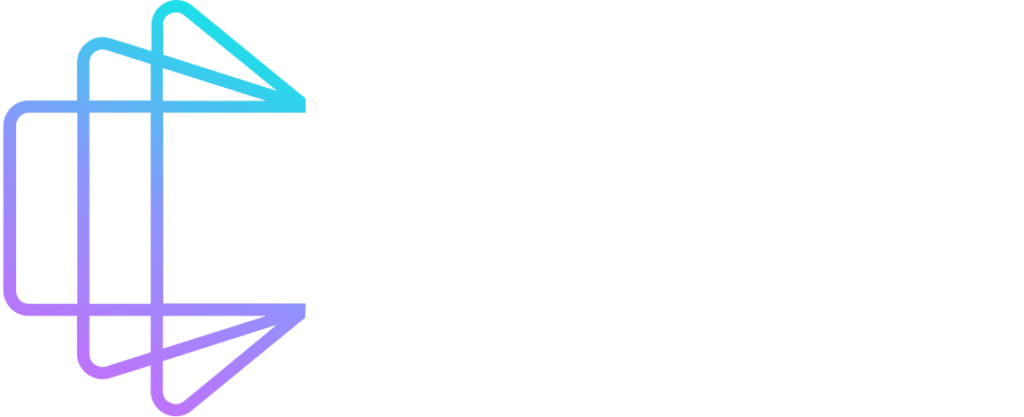walluta.GROUP SPEAKS CRYPTIC FROM A-Z.
DICTIONARY
The blockchain (also ledger) is a public, unchangeable and decentralized database. Comparable to the general ledger of an accounting system, in which all bookings (transactions) are recorded. The blockchain allows direct transactions from one computer to the next. The advantage: no intermediaries (third parties such as banks or financial institutions) are required, which in turn can be sources of errors. The blockchain can also be used to process contracts (smart contracts). Contracts between computers are automatically executed when certain conditions are met. Therefore, the blockchain, regardless of trading in cryptocurrencies, is seen as a future technology that can be used in many areas. Millions of copies of the blockchain exist worldwide, which are constantly updated automatically. This means that in the event of an attempted manipulation, millions of copies would have to be manipulated at the same time. Even states, banks and technology companies are working on the blockchain. This underlines the future prospects of blockchain technology.
Transactions are grouped into “blocks” that contain all the necessary data.
They are encrypted and stored in a sequence in the block chain.
Cold wallets (hardware/sticks etc.) are not constantly connected to the internet. Safe and well suited for larger amounts. When not in use: no access via the internet. Metaphorically speaking, wallets are “digital wallets”. In more detail, there are no tokens/cryptocurrencies directly in the wallet, just the “address” of the wallet and the digital “access keys” (private key and public key) to the blockchain, where the tokens are in the form of
of data blocks (comparable to storing values in a safe).
However, the transactions (incoming and outgoing tokens) and the “account balance” are shown in the wallet (comparable to telebanking). The address and keys are generated by the wallet.
The wallets are stored by an institution. The private and public keys are held by the institution. The wallet functions like an online bank account. Access with email and password.
The walluta.WALLET is a custodian wallet and is managed by Tangany, based in Munich, an experienced “custodian” with all legally compliant licenses. Advantage: If you forget the password, it can be restored. The user is solely responsible for all other wallets. Software wallet (download/desktop/mobile/online). Paper wallet (printout once! Cannot be repeated) Hotwallet (usually from exchange platforms) constantly connected to the internet and all the associated risks) Coldwallet (hardware wallet, e.g. stick. Not constantly connected to the internet. Secure storage required.)
A value or information represented in numbers. This allows physical values to be represented on the Internet and easily traded 24/7. Also known as digital transformation.
Hotwallets (software) are constantly connected to the internet. Well suited for smaller amounts. Often offered by exchanges. Fast access. All the risks of the internet are also the risks of the hot wallet.
The walluta.GROUP’s own COIN. A “usability coin” with extensive application possibilities:
1) Buy/Sell: With an interesting entry price and disproportionate potential for value appreciation.
2) Staking: “Parking” crypto assets in exchange for attractive rewards/interest.
3) Activation of idle resources through the competitive advantage: Offer and sell in exchange for coins! Dead, cost-intensive capital (free capacity in services and trade, warehouse goods, etc.) becomes active, usable crypto assets.
There are several blockchains of different sizes and orientations. Different blockchains have been developed for different tasks. The walluta.APP and Mondo.COIN run on the Ethereum network, a blockchain-based platform that plays a pioneering role in the crypto ecosystem and facilitates integration due to its diverse areas of application and interoperability between different blockchains. The Ethereum platform enables the creation and management of tokens that can represent various assets, from coins to real estate to works of art. It enables the direct transfer of cryptic values from computer to computer (“peer to peer”). Or, figuratively speaking, from one digital wallet directly to the next. Without expensive fees, forms or the interposition of “third parties” such as banks or similar institutions.
(Private key / PIN equivalent) To authorize.
(Public key / IBAN equivalent) For addressing.
Cryptocurrencies live from the acceptance of their community and from the forces of the market, i.e. supply and demand. These values/currencies are naturally subject to high volatility (fluctuations in a short period of time. E.g. Bitcoin). A high-security token
(stable coin) is backed 1:1 by physical values such as gold or government currencies.
The volatility is limited to the fluctuation in the price of gold or the deposited currency.
The temporary blocking of crypto assets in return for interest (rewards). An attractive investment opportunity to bet on price increases, for example. The purpose of the offer can also be to maintain prices by limiting the amount of crypto assets.
A token (brand, coin, proof of ownership) can have several meanings. It is the digitalized representation of an asset or authorization. It can also be seen as a digital “representative” of a value on the Internet, as a means of storage or payment. Even physical values can be “tokenized”, such as real estate or art, and thus easily financed or traded in parts. If a token is the currency of a special blockchain, it is also called a coin (e.g. Bitcoin or Ether…).
A transaction is an action on the Internet. An exchange, purchase, sale, a transfer directly from computer to computer without the involvement of third parties.
Expansion strengthens the entire community. To support this, the walluta.GROUP is issuing the walluta.COIN. A “utility COIN” that generates special benefits, such as preferential rates or participation in the success of the walluta.GROUP. The current details are communicated on a case-by-case basis in the newsletter.
KYC is part of the anti-money laundering (AML) and combating financing of terrorism (CFT) procedures. KYC stands for “Know Your Customer” and describes how a company identifies and verifies the identity of a customer.
Depending on the investment, you as a user will need to provide a name, address and identity.
Please click on the “Legal” button to see what requirements apply to each invested amount.
